History Worksheets for Ages 3-7
8 filtered results
-
From - To
Discover engaging history worksheets designed for children aged 3-7! Our carefully crafted resources introduce young learners to the fascinating world of history through fun and interactive activities. From exploring early civilizations to learning about important historical figures, these worksheets encourage children’s curiosity and comprehension. Each activity is aligned with age-appropriate learning goals, promoting critical thinking and creativity. Perfect for home or classroom use, these worksheets make learning history enjoyable and impressive for little ones. Foster a love for the past and support foundational skills with our vibrant, easy-to-use, and educational worksheets that spark interest and develop young minds today!
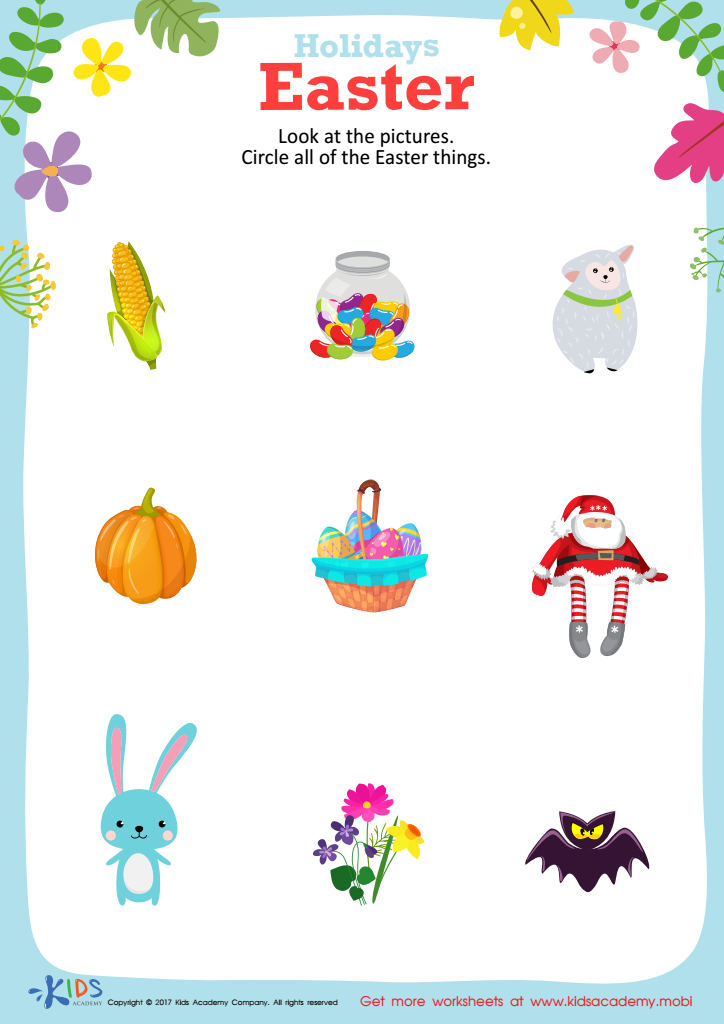

Easter Holiday Printable
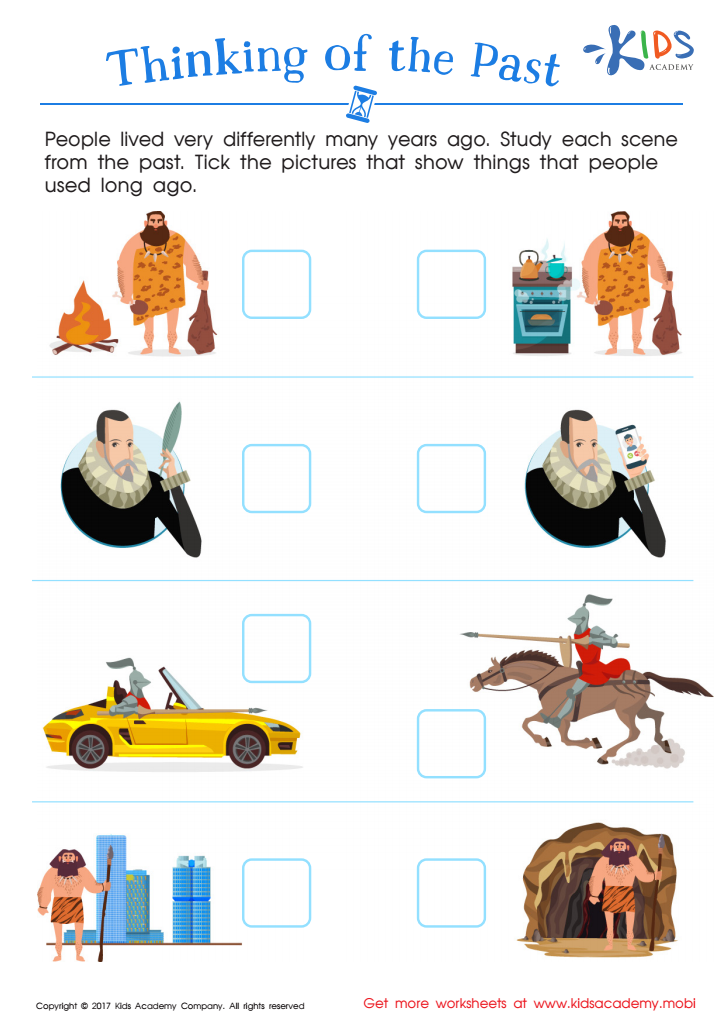

Thinking Past Printable
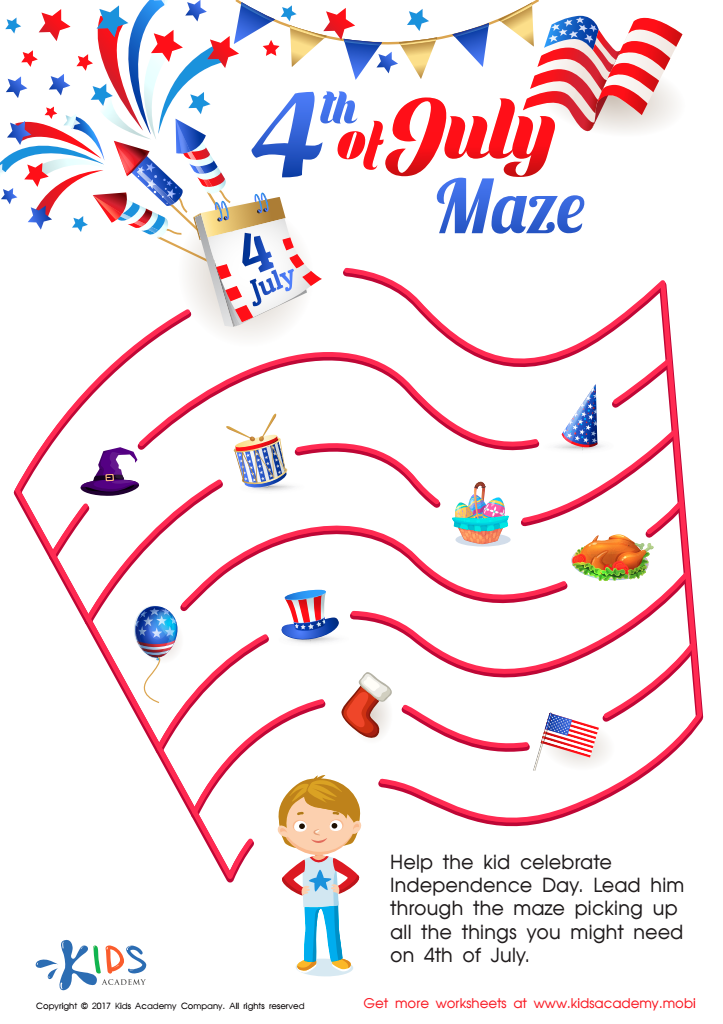

Fourth of July Maze Printable
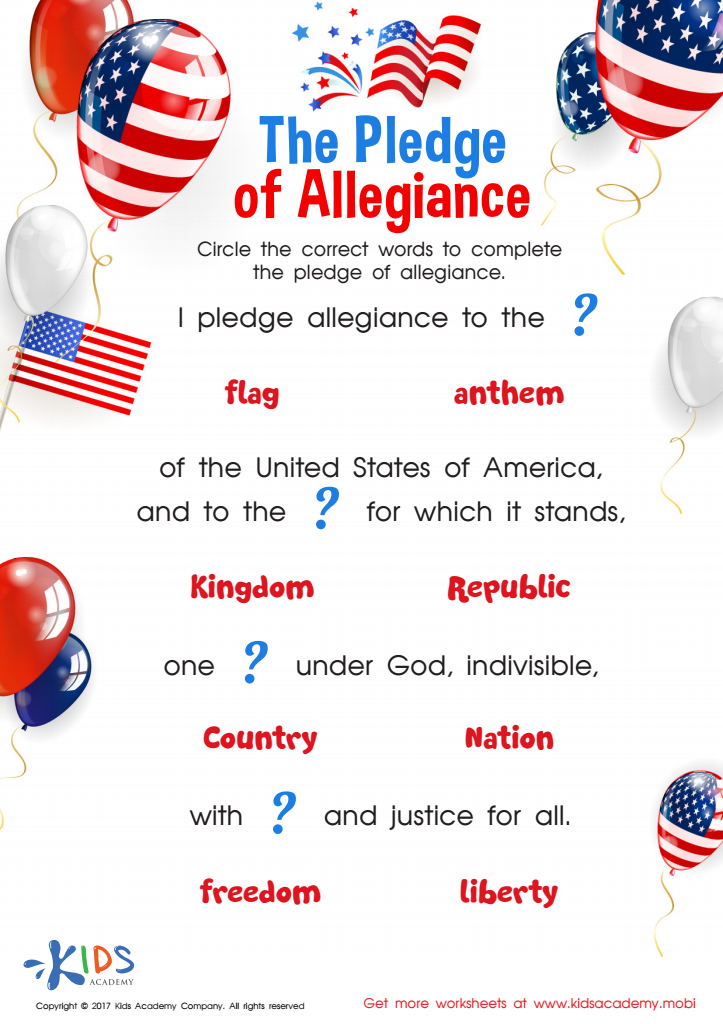

The Pledge of Allegiance Worksheet
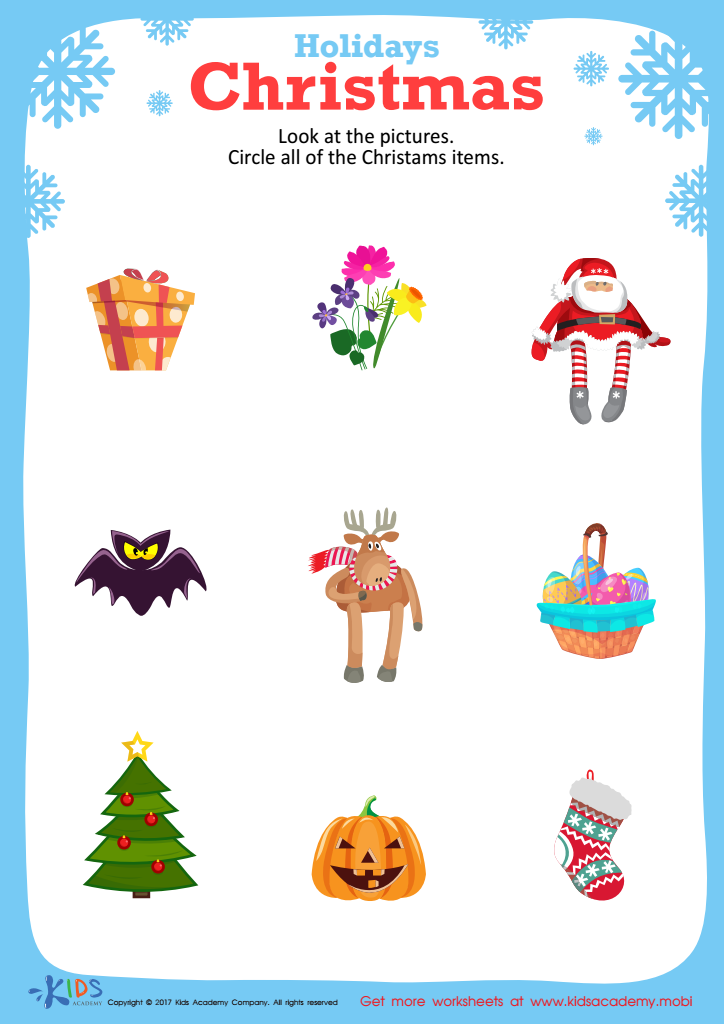

Christmas Holiday Worksheet
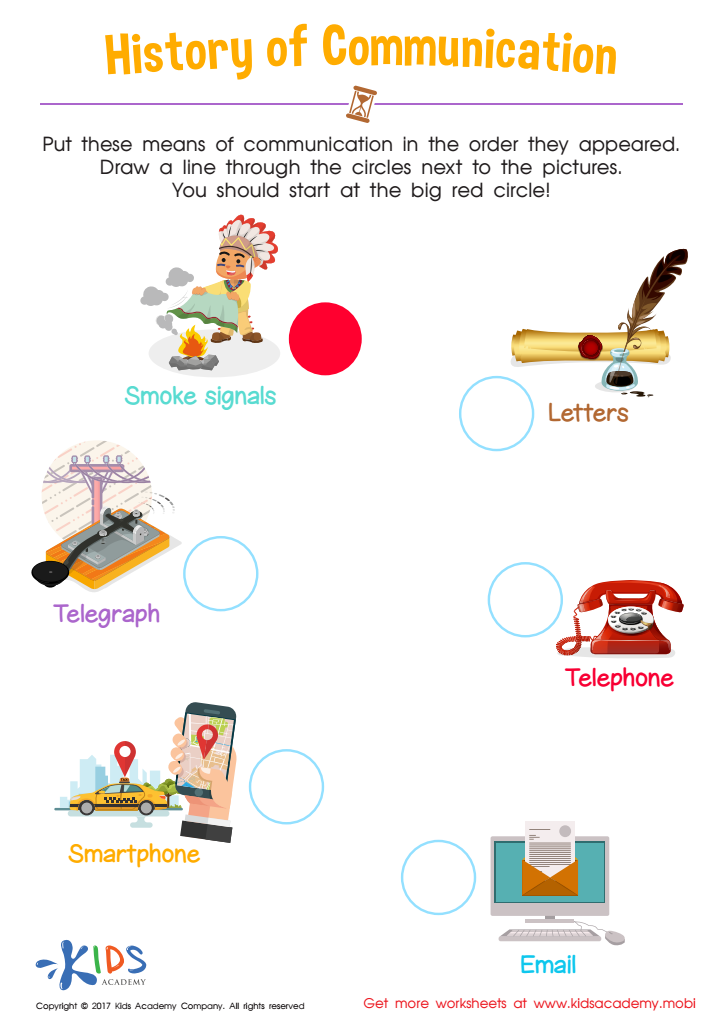

History of Communication Worksheet
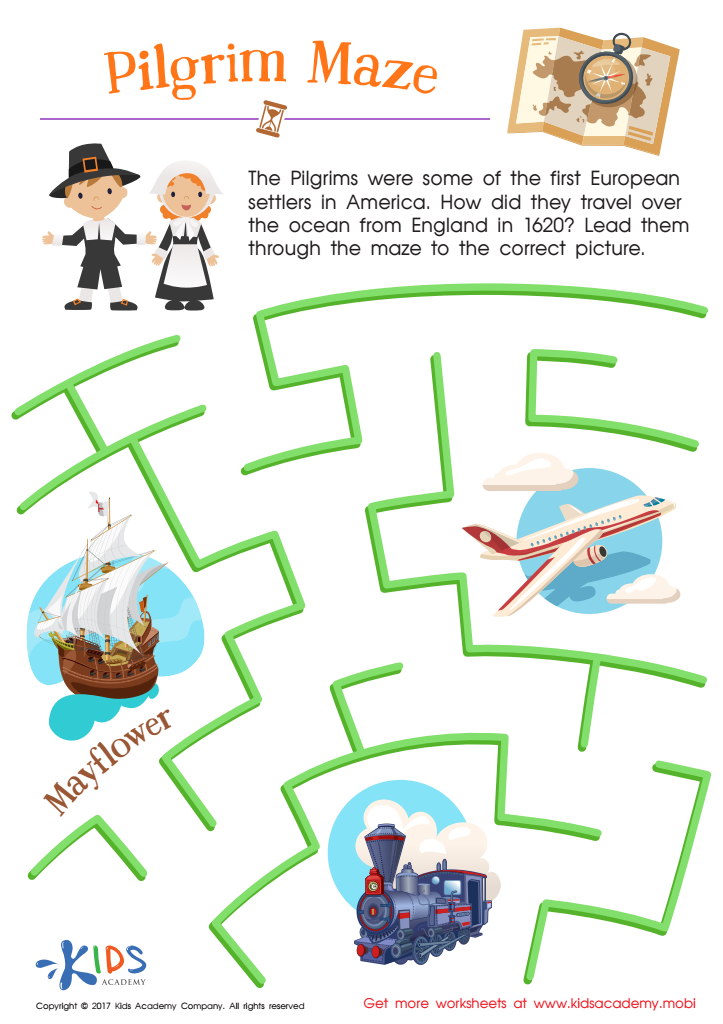

Pilgrim Maze Worksheet
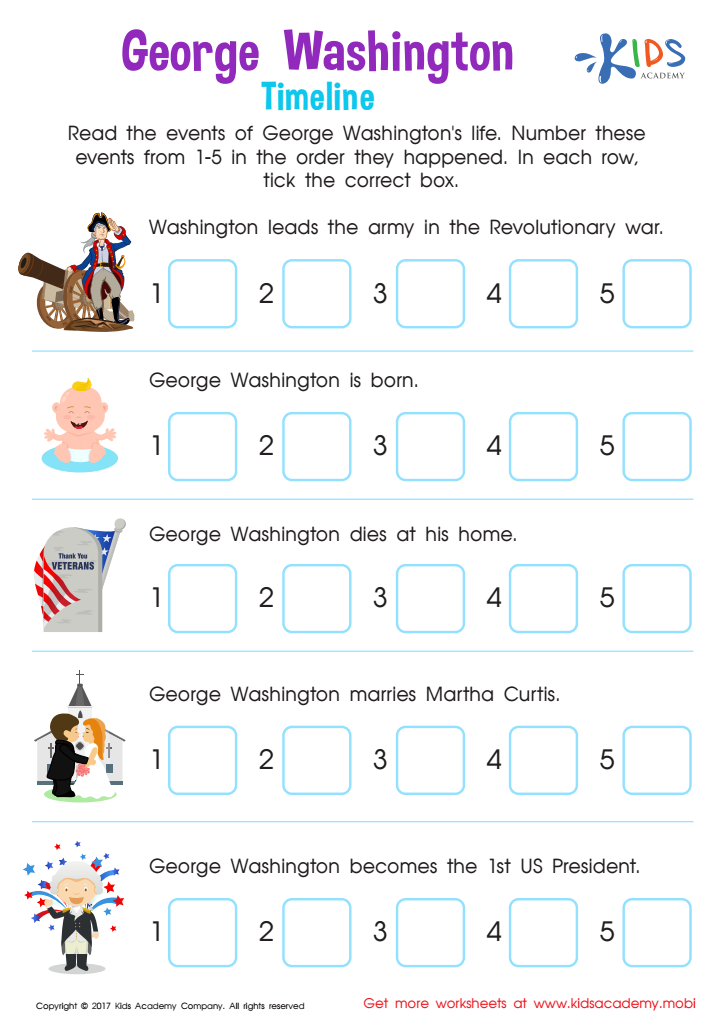

George Washington Timeline Worksheet
Teaching history to children aged 3-7 is crucial for several reasons. At this age, children develop foundational cognitive and social skills, making it an ideal time to introduce them to the concept of time, events, and community. Engaging with history helps children understand their identity and the world around them. It fosters a sense of belonging by connecting them with their cultural heritage and the journeys of others.
Moreover, exploring historical narratives cultivates critical thinking, promising future learners who can evaluate contrasting viewpoints and understand the impact of history on current events. History also nurtures empathy; children learn about diverse experiences and perspectives, promoting inclusivity and respect for differences.
In addition, early history lessons encourage curiosity. When children encounter stories about past heroes, inventions, or milestones, they are inspired to ask questions, sparking their desire to learn more. This inquiry-driven approach lays the groundwork for lifelong learning and inquisitiveness.
Lastly, history intertwined with play enhances engagement and retention. By using activities such as storytelling, role-playing, or crafts, children absorb historical concepts in a fun and memorable way. Thus, history education during these formative years shapes well-rounded, aware, and compassionate individuals, making it a priority for parents and teachers alike.
 Assign to My Students
Assign to My Students






.jpg)








